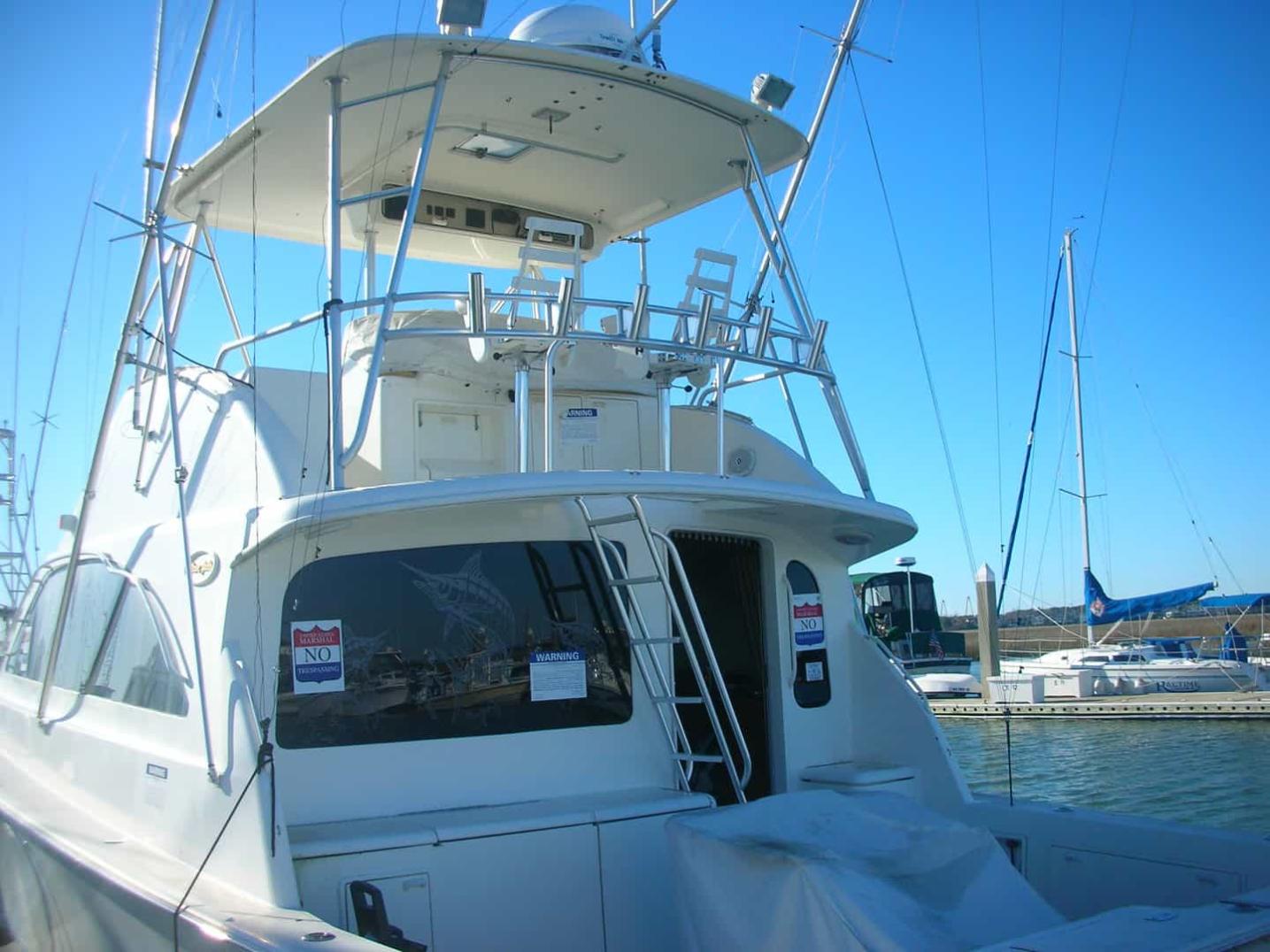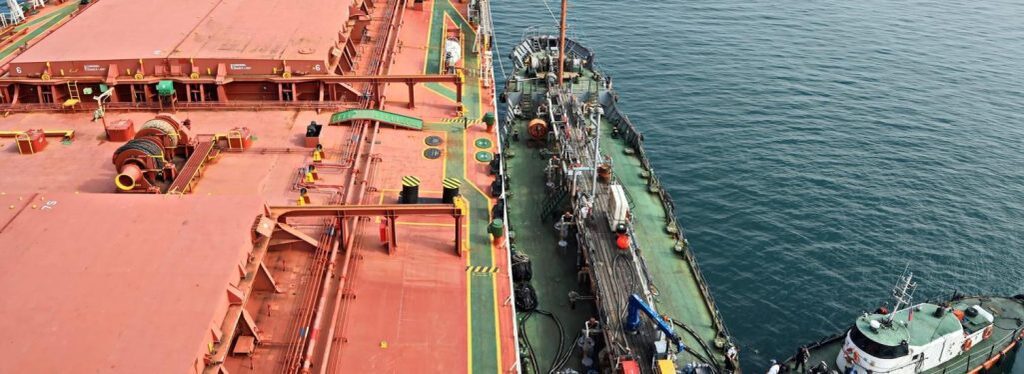How can I protect my business from maritime privileges?
Maritime privileges
In the maritime sector, maritime liens are a significant legal mechanism that can pose substantial risks to companies involved in maritime activities. Understanding maritime liens and implementing proactive measures to prevent their creation or mitigate their impact is critical to protecting your company's financial stability and reputation.

I. Understanding Maritime Liens
1. Definition and Importance:
Maritime liens are legal claims against a vessel or other maritime property that arise from unpaid debts or obligations related to marine services or supplies. These liens can be enforced through legal action, leading to the seizure and sale of the vessel or property to pay off the debt.
2. Types of Maritime Liens:
- Possessory attachments: These liens arise when a party provides services or repairs to a vessel and retains possession of the vessel until the debt is paid.
- Non-possessory liens: These liens arise when a party provides services or supplies to a vessel but does not retain possession. Examples include unpaid wages, unpaid supplies, and collision damage.
- Statutory liens: These liens are created by statute and arise automatically under certain circumstances, such as unpaid taxes or fines.
3. Circumstances Leading to Maritime Liens:
- Unpaid wages: Failure to pay crew wages on time may result in a maritime lien against the vessel.
- Unpaid supplies: Suppliers who supply goods or services to a vessel may have a maritime lien if they are not paid.
- Collision Damage: If a vessel causes damage to another vessel or property, a maritime lien may arise in favor of the injured party.
II. Preventing the Creation of Maritime Liens
Proactive measures can significantly reduce the risk of maritime liens being created against your company:
1. Timely Payment of Shipping Expenses:
- Ensure that wages, supplies and other maritime expenses are paid promptly and according to agreed terms.
- Establish a system to track and manage marine payments to avoid delays or oversights.
2. Adequate Documentation and Records:
- Maintain accurate and detailed records of all transactions, including invoices, receipts and contracts.
- Document all communications and agreements related to marine services or supplies.
3. Due Diligence in the Selection of Contractors and Suppliers:
- Research and select contractors and suppliers with good reputations and a track record of reliable service.
- Review their financial stability and make sure they have adequate insurance coverage.
III. Mitigating the Impact of Maritime Liens
In the event a maritime lien arises against your business, there are strategies to mitigate its impact:
1. Negotiation and Agreement:
- Try to negotiate with the creditor to reach an agreement or payment plan that is favorable to your business.
- Consider offering alternative forms of compensation, such as additional services or goods, to satisfy the lien.
2. Legal Challenge:
- Consult an attorney to evaluate the validity of the garnishment and determine whether there are grounds to challenge it in court.
- File a motion to vacate or release the lien if you have a strong legal argument.
3. Bankruptcy Protection:
- In extreme cases, consider filing for bankruptcy protection to temporarily suspend enforcement of the maritime lien.
- Bankruptcy may provide an opportunity to reorganize your business and negotiate a more favorable resolution with your creditor.
IV. Insurance and Risk Management

Insurance plays a vital role in protecting your business against maritime liens:
1. Adequate Insurance Coverage:
- Obtain adequate hull and machinery insurance to cover potential collision damage.
- Consider protection and indemnity insurance to protect against liabilities arising from injury, cargo damage or pollution.
- Explore cargo insurance to protect against cargo loss or damage.
2. Regular Risk Assessments:
- Conduct regular risk assessments to identify and address potential vulnerabilities that could lead to maritime liens.
- Review your insurance coverage and make adjustments as needed to ensure adequate protection.
3. Implementing Risk Management Strategies:
- Develop and implement comprehensive risk management strategies to minimize the likelihood of maritime liens arising.
- Establish clear policies and procedures to manage maritime activities and transactions.
V. Conclusion
Protecting your business from maritime liens requires a proactive approach that involves preventing their creation, mitigating their impact, and utilizing insurance and risk management strategies. By taking these steps, you can protect your company's financial stability, reputation, and ability to operate smoothly in the maritime industry.
”
How can I protect my business from maritime privileges?
Follow AFRILATEST on Google News and receive alerts for the main trending sports news today, Basket ball updates, Soccer series, entertainment and lots more!
SHARE POST AND EARN REWARDS:
Join our Audience reward campaign and make money reading articles, shares, likes and comment >> Join reward Program
FIRST TIME REACTIONS:
Be the first to leave us a comment, down the comment section. click allow to follow this topic and get firsthand daily updates.



